WORLD
India set to bear the brunt as US hikes annual fee for H-1B visa to $100,000
- IBJ Bureau
- Sep 21, 2025
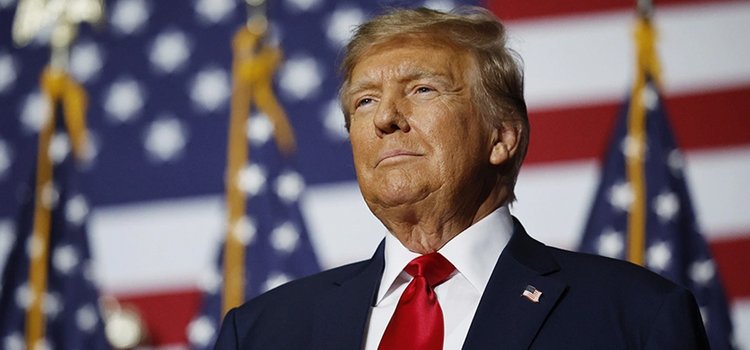
The Trump administration has said that it will ask companies to pay $100,000 per year for H-1B worker visas. This has prompted some big tech companies to warn visa-holders to stay in the US or quickly return.
The change could deal a big blow to the technology sector that relies heavily on skilled workers from India and China.
Since taking office in January, Trump has kicked off a wide-ranging immigration crackdown, including moves to limit some forms of legal immigration. The step to reshape the H-1B visa programme represents his administration’s most high-profile effort yet to rework temporary employment visas.
“If you are going to train somebody, you are going to train one of the recent graduates from one of the great universities across our land,” Commerce Secretary Howard Lutnick has said, adding: “Train Americans. Stop bringing in people to take our jobs.”
Mr Trump’s threat to crack down on H-1B visas has become a major flashpoint with the tech industry, which had contributed millions of dollars to his presidential campaign.
Microsoft, JPMorgan and Amazon have responded to the announcement by advising employees holding H-1B visas to remain in the United States, according to internal emails reviewed by the Reuters.
They have advised employees on the H-1B visas who were outside the US to return before midnight on Sunday, when the new fee structures are set to take effect.
The hike in H-1B visa could add millions of dollars in costs for companies that may hit smaller tech firms and startups particularly hard.
Mr Lutnick has added that the visa will cost $100,000 a year for each of the three years of its duration but that the details are “still being considered”.
Under the current system, entering the lottery for the visa requires a small fee and, if approved, subsequent fees could amount to several thousand dollars.
Some analysts suggested that the fee may force companies to move some high-value work overseas, hampering America’s position in the high-stakes artificial intelligence race with China.
“In the short term, Washington may collect a windfall; in the long term, the US risks taxing away its innovation edge, trading dynamism for short-sighted protectionism,” eMarketer analyst Jeremy Goldman notes.
India was the largest beneficiary of H-1B visas last year, accounting for 71 per cent of approved beneficiaries, while China was a distant second at 11.7 per cent, according to government data.

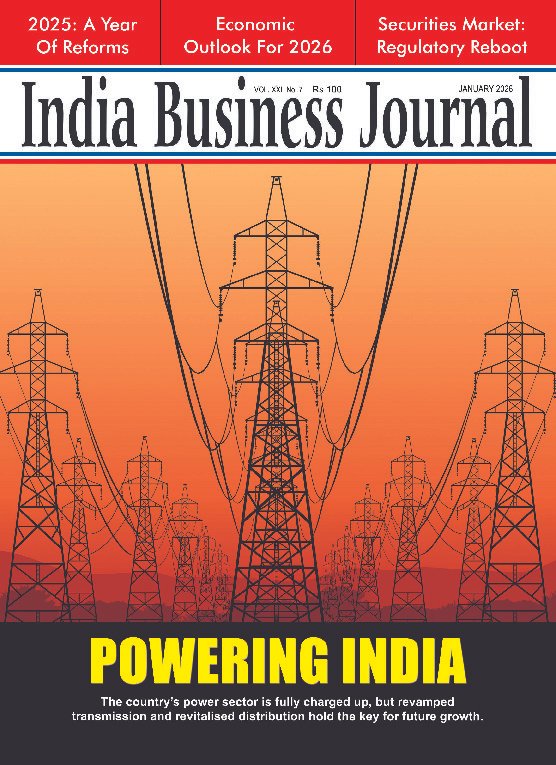

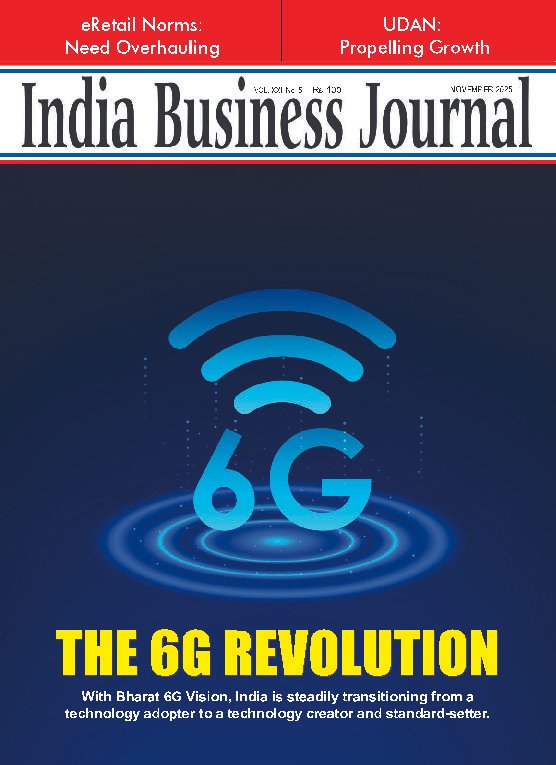
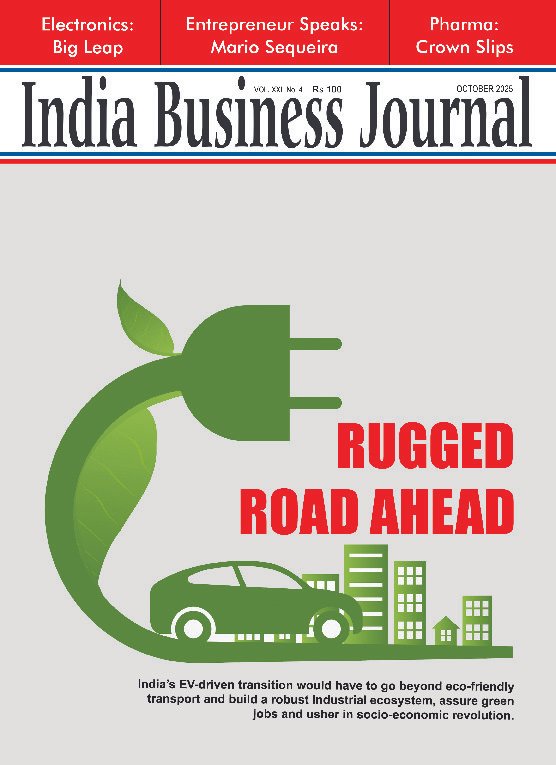
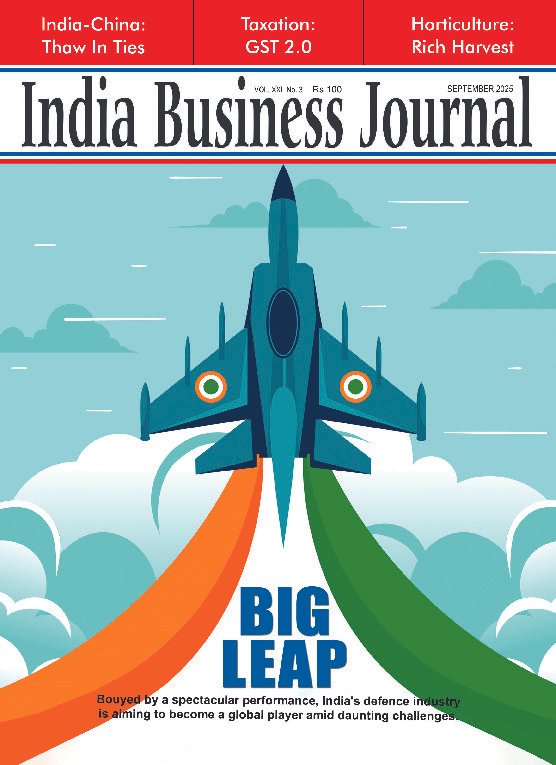





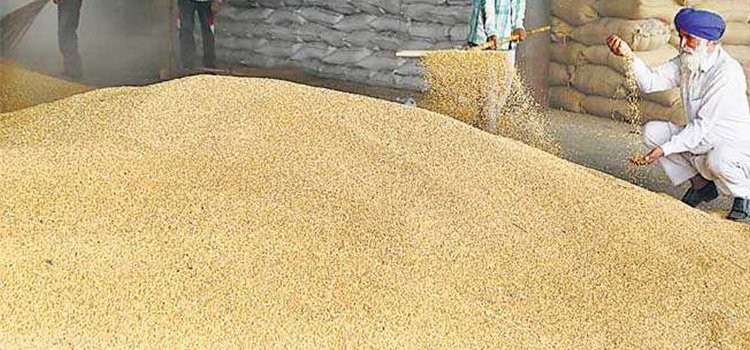
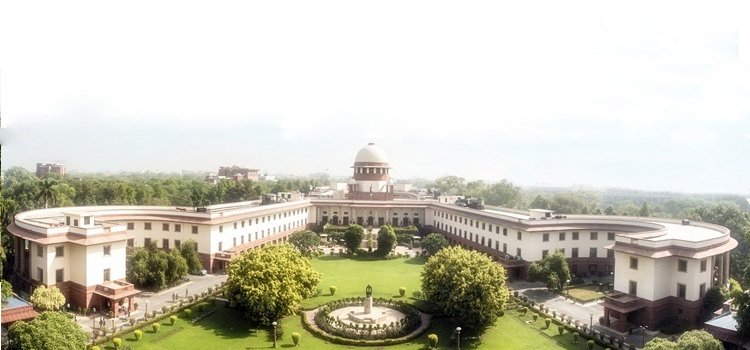
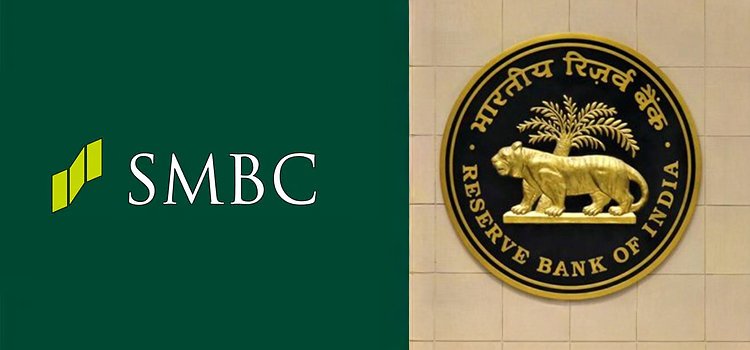
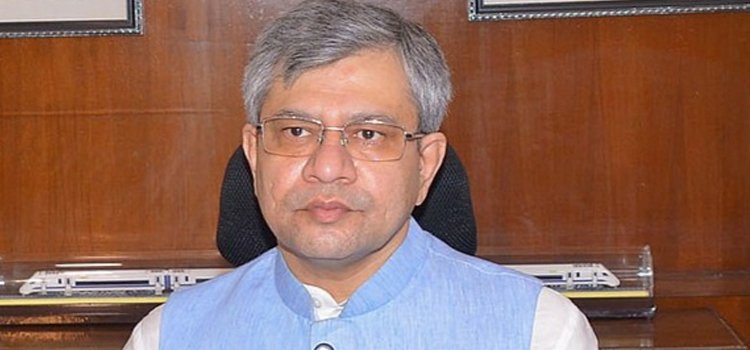
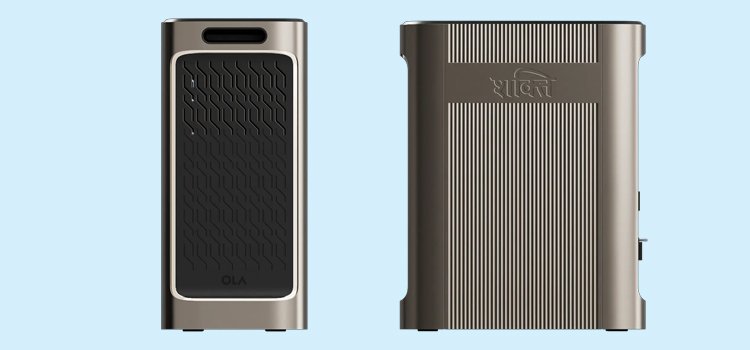





Report By
View Reporter News